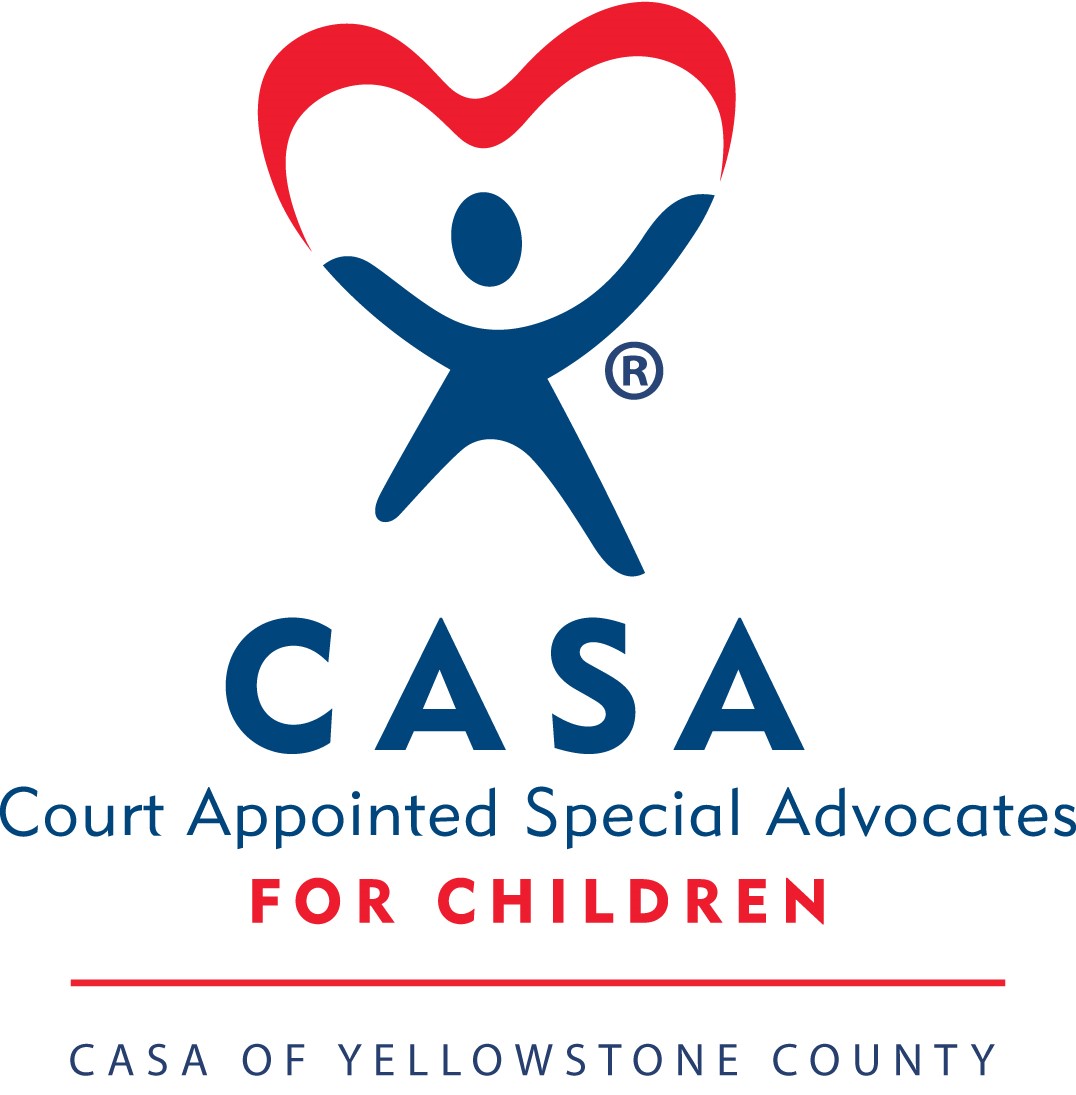Court Appointed Special Advocates know that childhood trauma affects adult life. During CASA training we complete the Adverse Childhood Experiences (ACEs) questionnaire, which measures a person’s risk for adverse adult experiences connected to childhood trauma. The seminal research which informs this questionnaire was conducted in 1995-97, in cooperation between the Centers for Disease Control and the Kaiser Permanente HMO in Southern California.
Broadly speaking, the research confirmed what common sense had long suspected. Multiple lasting adult impacts can be traced to adverse childhood experiences such as drug and alcohol abuse, spousal and parental dysfunction, and emotional and physical neglect. The connections are neatly diagrammed by the CDC:

cdc.gov
Compelling as this research was, questions remained. Perhaps the reported long-term, adult effects of childhood trauma are connected to other factors, for example pre-existing depression or other behavioral health problems, familial issues such as financial strain, even to strictly adult experiences such as divorce. To ask an adult who faces these challenges to recall childhood trauma may involve “simple forgetting or recall bias,” in the words of a recent Journal of the American Medical Association (JAMA) article which provides a more nuanced perspective on the connections between childhood and adult trauma.
Concerned that retrospective accounts from adulthood do not adequately measure the consequences of childhood trauma, the JAMA researchers decided to approach the connection between childhood trauma and adult psychiatric and dysfunctional outcomes differently. Instead of asking adults to remember their childhood, the JAMA approach was prospective, following traumatized individuals from childhood to adulthood. 1,420 traumatized children were assessed up to 8 times from 1993-2000; they were then assessed up to four times as adults from age 19-30. Adjusting for many pre-existing behavioral health or familial factors that can skew retrospective reporting, the researchers concluded that their findings “provide a clear mandate for those concerned with increasing opportunities, reducing distress, and avoiding morbidity across the lifespan.”
CASAs know how prevalent trauma is among youth in care and that successful treatment plans involve changing the parental behaviors that cause trauma. But simply healing the individual or the family does not confront the public health implications of childhood trauma. As another social scientist impressed by the JAMA research puts it, “It does not need a great leap of faith to recognize a prevailing vicious circle between societal forces such as poverty, lack of education, familial and neighborhood violence, poor mental health, and trauma exposure. Within low-resource contexts, trauma begets trauma, trauma begets poverty, poverty begets poverty, poverty begets trauma, and the cycle goes on.”
Such cyclical connections are all too familiar to CASAs. Consider the Indian Child Welfare Act (ICWA), undoubtedly the most significant effort to engage and ameliorate the connections between childhood and adult trauma in two critical ways. First, ICWA mandates that the child be healed through active effort to maintain or re-establish the child’s connection to her tribe. Second, ICWA calls on us to help heal the tribe by assuring these connections are maintained. Heal the child by connecting her to the tribe; heal the tribe by connecting them to the child.
Put another way, imagine that there were a Traumatized Child Welfare Act which entailed the same active efforts that inform ICWA. Under TCWA, it wouldn’t be enough to provide services for the child or the family to ameliorate the individual child’s trauma or rectify the family’s dysfunction. Active efforts under TCWA would further mandate that every child in care would be assessed for trauma and that services would be provided that not only helped the child but also addressed the long-term public health implications for the traumatized child.
Perhaps there never will be a TCWA, but if we think more clearly about the public health implications of childhood trauma, we may see the destructive consequences of the numerous myths about self-reliance built into our culture. “Pull yourself up by your bootstraps,” the traumatized are often told: “You can take it,” “tough it out,” “suck it up buttercup.”
It really isn’t up to the individual to heal. On the contrary, to recognize that childhood trauma has a measurable, significant effect on public health is to realize that it is up to us all. Society can’t be immunized against the social effects of trauma if we act as if the effects of trauma were simply an unfortunate problem that an individual faces. We vaccinate for polio because we never expect the victim to heal herself; we vaccinate to protect the child and the society. Why act any differently for childhood trauma?





